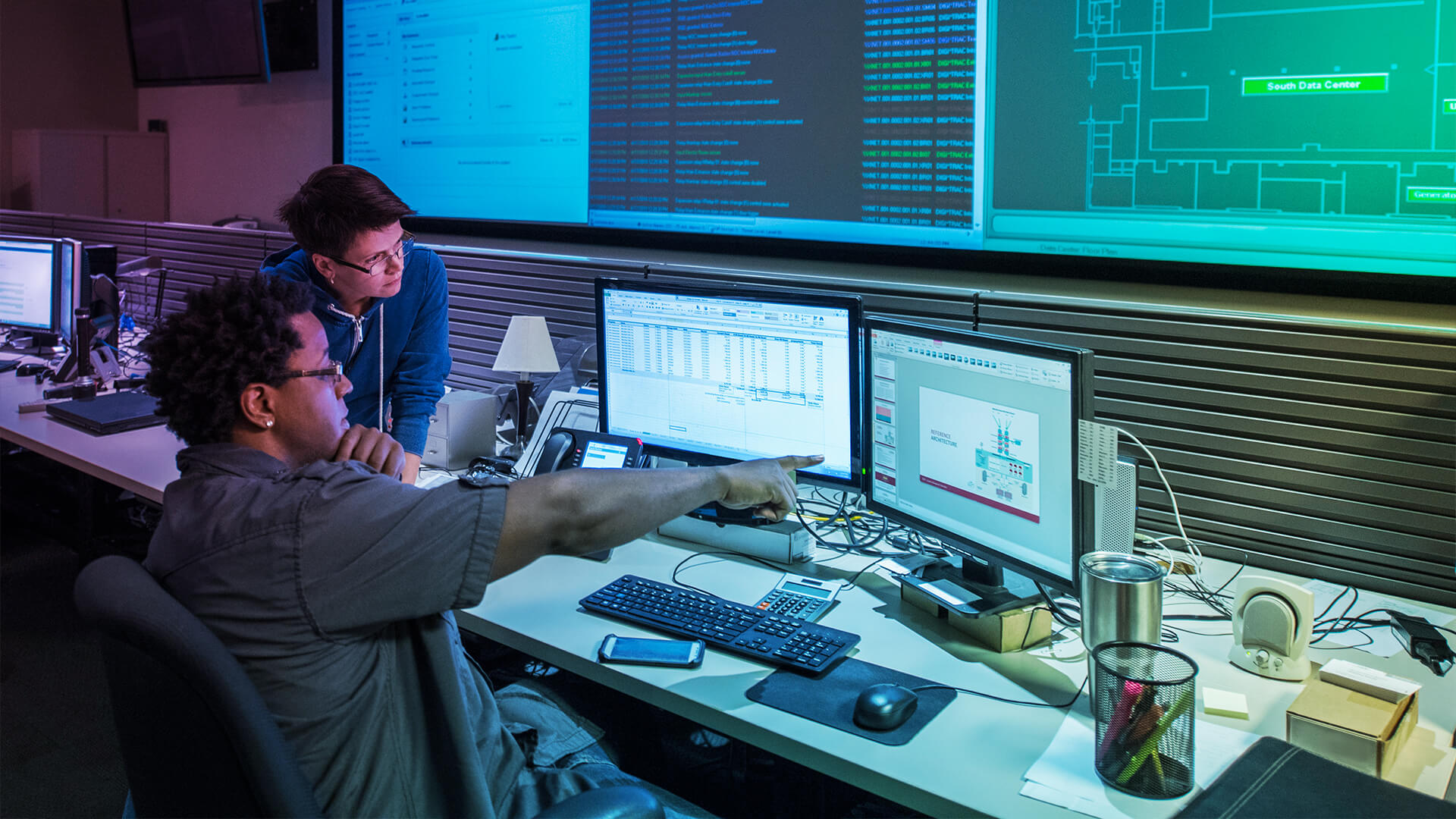News, Knowledge Centre & Videos
Why S2S Group Leads in Secure Data Destruction for UK Enterprises
In an era where data breaches loom as a constant threat, organisations handling sensitive information on their IT assets must prioritise secure data destruction.
News, Knowledge Centre & Videos
The Hidden Threat: E-Waste and the Consequences of Improper Recycling
Electronic waste, or e-waste, is a rapidly growing problem that poses significant environmental and health risks when not handled and recycled properly.
News, Knowledge Centre & Videos
S2S Group Attains EcoVadis Gold Rating for Sustainability
S2S Group Attains EcoVadis Gold Rating for Sustainability
